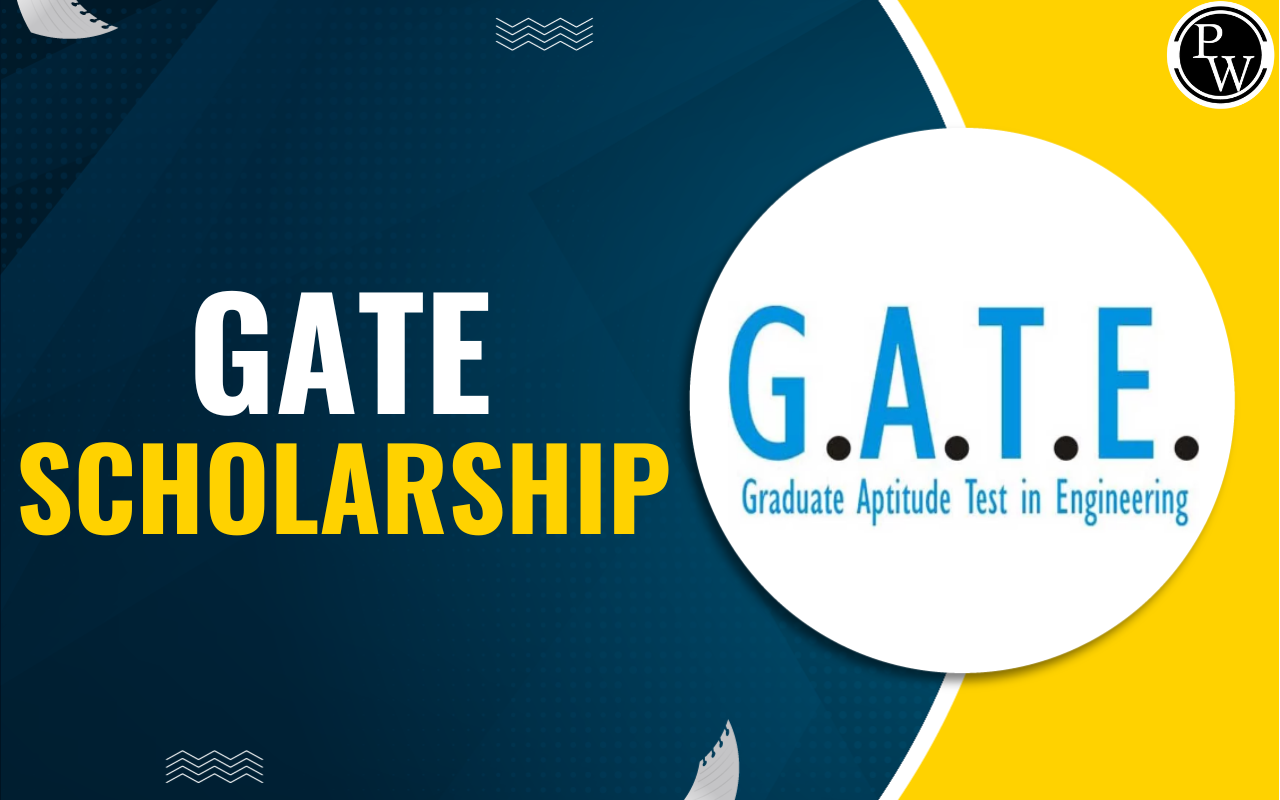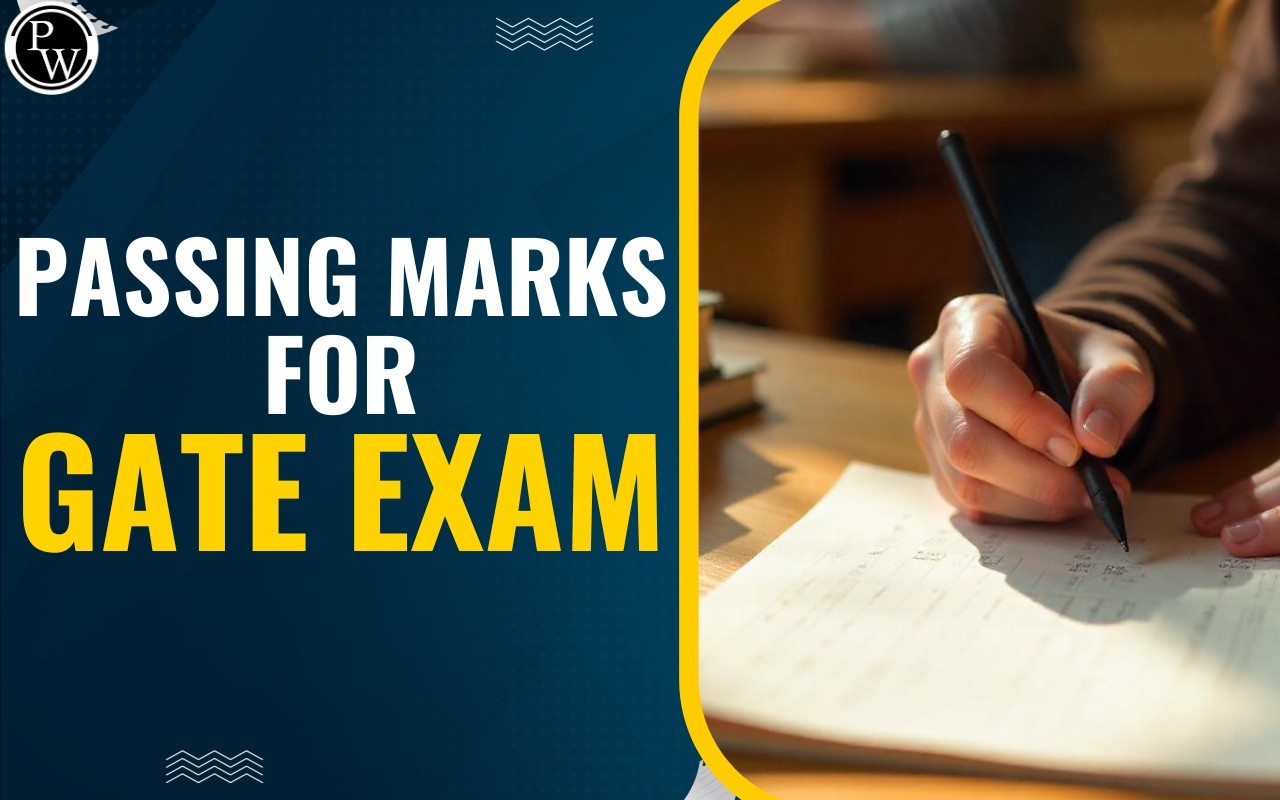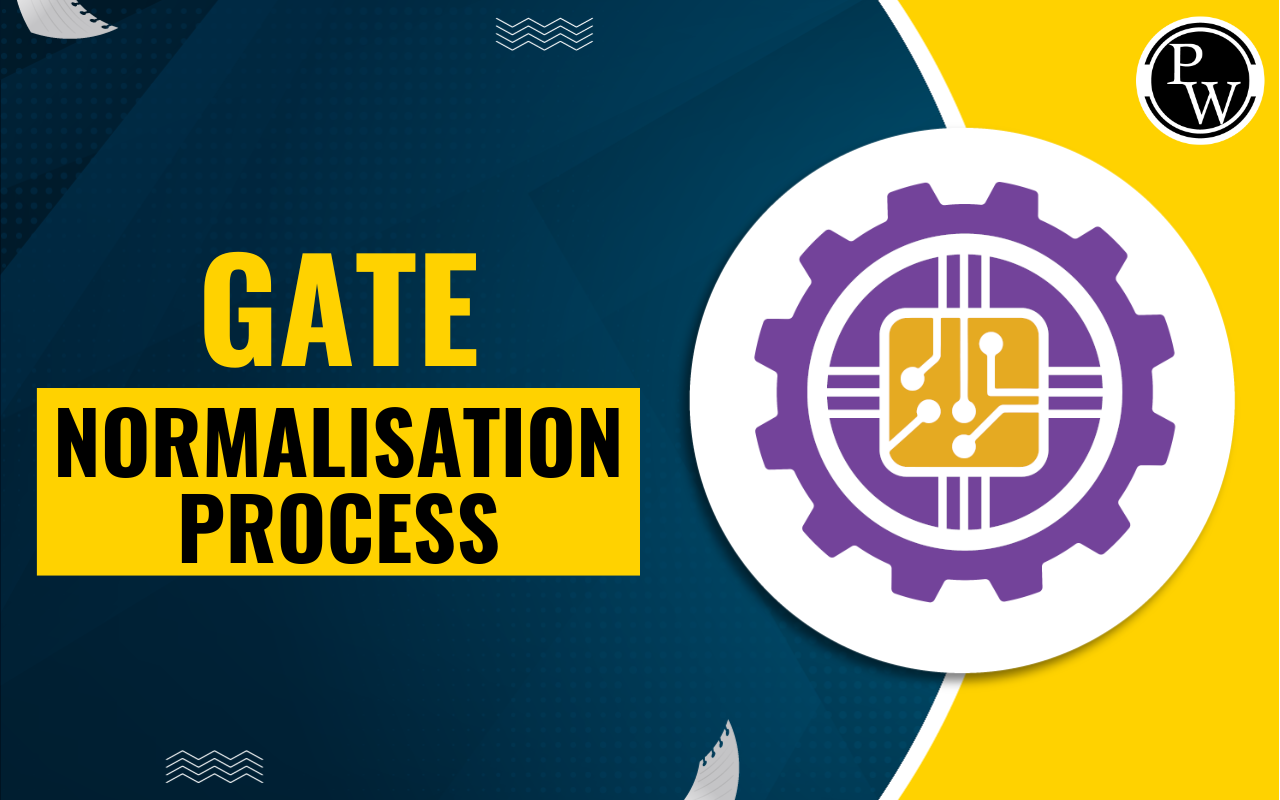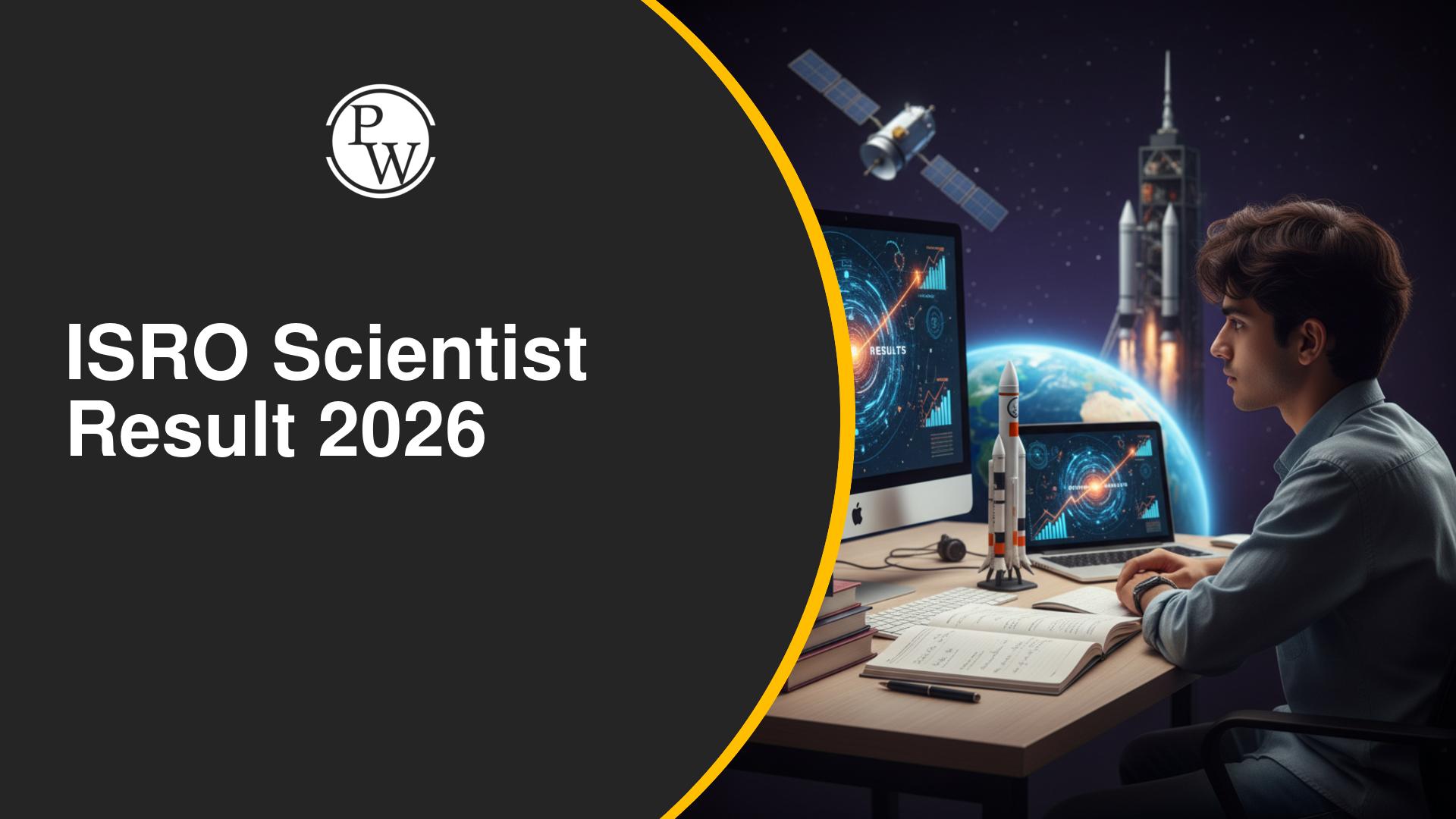
Mechanical Engineering is a specialized branch of engineering that focuses on machines, encompassing their production, design, and operation. Mechanical Engineers play pivotal roles in diverse industries, including energy conversion, biotechnology, computing, electronics, aerospace, and more.
The scope of Mechanical Engineering is vast, both in India and internationally, as it influences various aspects of our daily lives. With applications across multiple industries, pursuing this program opens up an array of career opportunities. Mechanical engineers are in high demand across industrial and construction sectors, where they are rewarded with competitive salaries.What is Mechanical Engineering?
Mechanical Engineering comprises applying engineering principles and problem-solving techniques throughout the entire lifecycle of a product, from design and manufacturing to its introduction into the market. Mechanical engineers utilize their expertise in analyzing designs, taking into account principles related to motion, energy, and force. Interested students in Mechanical Engineering can pursue a bachelor's degree after successfully completing their 10+2 with related subjects. Upon graduation, they have the option to continue their education further by pursuing a Master's in Technology, gaining admission to renowned institutions in India by qualifying in examinations such as GATE .What Do Mechanical Engineers Do?
Mechanical engineers play an important part in advancing technology and the environment. They work on a wide range of problems, including mechanical, environmental, and material-related issues. Their work ranges from the development and design of microsensors, medical devices, and computer components to vehicle engines, robots, sports equipment, and airplanes.Mechanical Engineering Eligibility for B.Tech and M.Tech Courses
Aspiring students looking to pursue Mechanical Engineering can opt for either undergraduate (B.Tech) or postgraduate (M.Tech) courses. Below are the eligibility criteria for both B.Tech and M.Tech programs in Mechanical Engineering:Eligibility Criteria for Undergraduate (B.Tech) in Mechanical Engineering
- Educational Qualification: Completion of 10+2 with a minimum of 50% marks in Physics, Mathematics, and Chemistry.
- Entrance Exam: Some institutes may require students to qualify for relevant entrance exams, which can include exams like JEE Main or state-level engineering entrance exams, depending on the institution's requirements.
Eligibility Criteria for a Master's (M.Tech) in Mechanical Engineering:
- Educational Qualification: A bachelor's degree in a relevant field with 50% to 60% marks, as per the criteria of the applied university.
- Entrance Exam: To pursue a M.Tech in Mechanical Engineering, applicants typically need to qualify for entrance exams such as the GATE. A valid GATE exam scorecard is often a requirement for admission, and admission decisions are frequently based on GATE scores.
Mechanical Engineering Entrance Exams
Students aspiring to pursue undergraduate or postgraduate degrees in Mechanical Engineering have various options, such as B.Tech, B.E., and M.Tech programs. Admission to these programs is determined through entrance exams conducted at the national, state, and university levels. To secure admission, students are required to participate in the relevant examination and meet the institute's specified cut off criteria. Some notable entrance exams include: JEE Main and JEE Advanced: JEE Main is a national-level engineering entrance exam, conducted by the IITs and NITs, for admission to top Indian institutes offering B.E/B.Tech courses.- It consists of two stages: JEE Main, open to all applicants, and JEE Advanced, which only successful JEE Main candidates can take. JEE scores are widely accepted for admissions, not only by the IITs and NITs but also by numerous other universities.
- The GATE exam assesses students' understanding of Mechanical Engineering topics covered in their undergraduate program.
| GATE Exam Date 2024 | GATE Eligibility Criteria 2024 |
| GATE Syllabus 2024 | GATE Exam Pattern 2024 |
| GATE Admit Card | GATE 2024 Login |
Mechanical Engineering Top Colleges in India
Many aspiring engineers looking to excel in the field of Mechanical Engineering aspire to gain admission to prestigious colleges and institutions in India known for their comprehensive Mechanical Engineering programs. Check out the top private and government institutions in Mechanical Engineering that have earned their reputation for academic excellence, research prospects, and the high-quality education they deliver, as outlined below.|
Mechanical Engineering Top Colleges in India |
|
| Top Private Mechanical Engineering Colleges | Top Government Mechanical Engineering Colleges |
| Annapoorana Engineering College (ACE ), Salem | ANU College of Engineering and Technology (ANUCET ), Guntur |
| Arya College of Engineering and IT (ACEIT ), Jaipur | Aryabhatta Knowledge University (AKU), Patna |
| Aravali College of Engineering and Management (ACEM ), Faridabad | ASTU Guwahati - Assam Science and Technology University, Guwahati |
| Aligarh College of Engineering and Technology (ACET ), Aligarh | AUCEW Visakhapatnam |
| Amritsar College of Engineering and Technology (ACET ), Amritsar | Delhi Technological University, Delhi |
| Bangalore Institute of Technology, Bangalore | Bineswar Brahma Engineering College (BBEC), Kokrajhar |
| Birla Institute of Technology, Patna | Aryabhatta Knowledge University, Patna |
| Chennai Institute of Technology, Chennai | Aligarh Muslim University, Aligarh |
| Delhi College of Technology and Management, Palwal | Acharya Nagarjuna University, Guntur |
| Dayananda Sagar University, Bangalore | Annamalai University, Annamalai Nagar |
| Amity University, Gurugram | Banaras Hindu University, Varanasi |
| Dayalbagh Educational Institute, Agra | |
Mechanical Engineering Scope in India and Abroad
Mechanical engineering has a huge scope in India and abroad, with an array of opportunities in a variety of industries. Mechanical engineering graduates have diverse abilities that are in high demand in today's ever-changing work environment.- Diverse Career Opportunities: Mechanical engineers have the privilege of working in diverse fields such as aerospace, chemical manufacturing, automotive, research and development, oil exploration, and railway factories, to name just a few. Their expertise is vital in ensuring the efficient functioning of machinery and systems across these sectors.
- Emerging Technology Domains: In recent years, the role of Mechanical Engineers has expanded even further with the advent of cutting-edge technologies. Their skills are increasingly sought after in specialized domains like nanotechnology, biomedical engineering, Artificial Intelligence, robotics, and energy conservation. This diversification opens up exciting opportunities for engineers to be at the forefront of innovation.
- High Demand and Lucrative Careers: The future of Mechanical Engineering careers looks exceptionally promising. With ongoing technological advancements and the need for sustainable solutions, Mechanical Engineers are poised to play an important role in shaping the future. This growing demand for their expertise is expected to translate into highly lucrative career options, making it one of the most financially rewarding professions.
Mechanical Engineering Top Recruiters
Mechanical Engineering is a highly competitive field, with a large number of fresh graduates entering the workforce each year. To secure the best opportunities, students must be proactive. Many companies provide valuable opportunities for Mechanical Engineers. Some of the top private companies hiring Mechanical Engineers in India include:- Larsen & Toubro Ltd.
- TATA Group
- The Godrej Group
- Siemens Ltd.
- General Motors
- Thermax
- Ashok Leyland
- Suzlon Energy Ltd.
- Kirloskar
- Mahindra and Mahindra
- Bharat Heavy Electrical Limited (BHEL)
- Hindustan Petroleum Corporation Limited (HPCL)
- Defence Research and Development Organization (DRDO)
- Indian Oil Corporation Limited (IOCL)
- National Hydroelectric Power Corporation (NHPC)
- Gas Authority of India Limited (GAIL)
Mechanical Engineering Syllabus
The syllabus of Mechanical Engineering is comprehensive, encompassing a diverse array of subjects that cover both theoretical and practical aspects of the field. Check the outlined core subjects included in the syllabus for both undergraduate (UG) and postgraduate (PG) programs in Mechanical Engineering.Mechanical Engineering - Undergraduate (B.Tech/B.E.) Syllabus
For the benefit of students, it's worth noting that the Mechanical Engineering syllabus provided in this section is taken from the undergraduate Mechanical Engineering program at the Indian Institute of Technology (IIT), Guwahati.|
Mechanical Syllabus for UG |
|
| Semester | Core Topics |
| Semester 1 | Mathematics - I, Workshop - I, Chemistry, Electrical Sciences, Chemistry Laboratory, English*/HSS Elective, Physics-1, Physical Training I, Engineering Drawing, NCC / NSS / NSO |
| Semester 2 | Mathematics - II, Computing Laboratory, Engineering Mechanics, Basic Electronics Laboratory, Introduction to Computing, Physics Laboratory, Physics - II, Physical Training I, Modern Biology, NCC / NSS / NSO |
| Semester 3 | HSS Elective, Thermodynamics, Mathematics - III, Machine Drawing, OOP and Data Structures, Physical Training III, Solid Mechanics, NCC / NSS / NSO, Fluid Mechanics-I |
| Semester 4 | Science Elective, Mechanical Engg. Laboratory- I, HSS Elective, Electrical Machines, Engineering Materials, Electrical Machines Lab, Advanced Solid Mechanics, Physical Training IV, Fluid Mechanics-II, NCC / NSS / NSO, Workshop-II |
| Semester 5 | Manufacturing Technology - I, Heat and Mass Transfer, Mechanical Measurements, Mechanical Engineering Laboratory-II, Design of Machine Elements, Applied Thermodynamics - I, Kinematics of Machinery |
| Semester 6 | HSS elective, Control Systems, Manufacturing Technology-II, Mechanical Engineering Laboratory- III, Machine Design, Applied Thermodynamics - II, Dynamics of Machinery |
| Semester 7 | Summer Training, Departmental Elective-II, Open Elective - I, Mechanical Engineering Laboratory- IV, Industrial Engineering & Operations Research, Project-I, Departmental Elective-I |
| Semester 8 | HSS Elective, Departmental Elective-IV, Open Elective-II, Project-II, Departmental Elective-III |
Mechanical Engineering - Postgraduate (B.Tech/B.E.) Syllabus
Students interested in pursuing postgraduate programs in Mechanical Engineering must review the PG syllabus, which has been provided for reference by Maulana Abul Kalam Azad University of Technology.|
Mechanical Engineering Syllabus for PG |
|
| Semester | Core Topics |
| Semester 1 |
|
| Semester 2 |
|
| Semester 3 |
|
| Semester 4 |
|
| Electives (M.Tech) |
|
Mechanical Engineering Career Aspects
Mechanical Engineering offers a wide array of career options with decent earning potential and the chance to make a significant impact in various industries, making it a rewarding and dynamic profession.- Government Opportunities: Mechanical Engineers can secure positions in government organizations, contributing to the development of infrastructure, defense, and public services.
- Management Roles: With their problem-solving skills and technical expertise, Mechanical Engineers often transition into management positions, overseeing projects and teams.
- Legal Fields: Some Mechanical Engineers specialize in patent law, providing valuable expertise in intellectual property related to mechanical innovations.
- Research and Development: Opportunities in research and development sectors allow engineers to innovate and develop cutting-edge technologies.
- Aerospace and Automotive Industries: Mechanical Engineers play a crucial role in designing and improving vehicles, aircraft, and related systems.
- Energy and Renewable Resources: They contribute to the development of energy-efficient solutions and sustainable technologies.
- Manufacturing and Industrial Engineering: Roles in manufacturing, quality control, and industrial automation are common career paths for Mechanical Engineers.
- Entrepreneurship: Many Mechanical Engineers become entrepreneurs, starting their own businesses and ventures.
Mechanical Engineering Job Profile
Upon completing their studies in Mechanical Engineering, graduates have a wide range of career opportunities to explore. Some of the common job profiles pursued by graduates include:- Manufacturing Manager: Manufacturing managers oversee the daily operations of manufacturing facilities, including the production and assembly of components into finished goods. Job positions in this field may include Production Manager, Operations Manager, Assembly Operations Manager, or Manufacturing Executive.
- Automotive Engineer: Automotive engineers, also known as automobile engineers, collaborate to design, develop, manufacture, and test vehicles. Some may work in sales and after-sales support or collaborate with professionals to enhance technical performance, aesthetics, and software in the automotive industry.
- CAD Technician: CAD (Computer-Aided Design) Technicians use CAD software to create technical drawings and plans. They are often referred to as draughtspersons, working closely with architects and professional draughtsmen to transform blueprints and technical drawings into 2D and 3D models.
- Nuclear Engineer: Nuclear engineers are involved in the design, construction, operation, and decommissioning of nuclear power stations. Their roles may range from designing new systems to maintaining existing ones and improving the efficiency and stability of nuclear power plants.
- Aerospace Engineer: Aerospace engineers are employed in the aerospace industry to design, build, and test aircraft, missiles, defense systems, spacecraft, and more. They ensure that blueprints, prototypes, and products meet engineering standards, environmental requirements, and consumer demands.
- Mechanical Engineer: Mechanical engineers perform engineering tasks related to planning and designing tools, engines, machines, and other mechanical equipment. They are problem solvers who work in teams to develop a wide range of products and systems.
- Mining Engineer: Mining engineers design and develop mines, often specializing in specific minerals or metals. They determine the best methods for extracting resources, from exploration to production, in an efficient and sustainable manner.
- Water Engineer: Water engineers are responsible for building, repairing, and maintaining structures that manage water resources. They oversee clean water supply, sewage and wastewater services, and flood prevention, addressing both technical and non-technical aspects of water resource management.
- Maintenance Engineer: Maintenance engineers ensure the smooth and reliable operation of industrial machinery and equipment. They plan and execute maintenance schedules, respond to breakdowns, diagnose faults, repair equipment, and supervise technical staff while managing budgets and maintaining records.
To prepare effectively for the GATE examination, enroll now in GATE Wallah courses! Explore Best Online GATE Coaching to ace the examination.
Mechanical Engineering FAQs
What is Mechanical Engineering?
Mechanical Engineering is a branch of engineering that deals with the design, development, and operation of mechanical systems, machinery, and tools, covering a wide range of industries from manufacturing to aerospace.
What is the scope of Mechanical Engineering?
Mechanical Engineering offers a wide scope of career opportunities in diverse industries such as aerospace, automotive, manufacturing, and energy. It involves designing, developing, and maintaining mechanical systems and devices.
Is Mechanical Engineering a good career choice?
Certainly. A mechanical engineering degree opens doors to various industries, including manufacturing and aerospace, offering well-paying job opportunities.
What is Mechanical Engineer avearge salary in India?
The average salary for a Mechanical Engineer in India is generally around INR 1.4 LPA at the entry level and can increase to about INR 7.5 LPA at the senior level.
How can I get a PSU job after completing my Mechanical Engineering course?
To secure a PSU job after completing a Mechanical Engineering course, appear for the GATE exam, as many PSUs use GATE scores for recruitment.
Talk to a counsellorHave doubts? Our support team will be happy to assist you!

Check out these Related Articles
Free Learning Resources
PW Books
Notes (Class 10-12)
PW Study Materials
Notes (Class 6-9)
Ncert Solutions
Govt Exams
Class 6th to 12th Online Courses
Govt Job Exams Courses
UPSC Coaching
Defence Exam Coaching
Gate Exam Coaching
Other Exams
Know about Physics Wallah
Physics Wallah is an Indian edtech platform that provides accessible & comprehensive learning experiences to students from Class 6th to postgraduate level. We also provide extensive NCERT solutions, sample paper, NEET, JEE Mains, BITSAT previous year papers & more such resources to students. Physics Wallah also caters to over 3.5 million registered students and over 78 lakh+ Youtube subscribers with 4.8 rating on its app.
We Stand Out because
We provide students with intensive courses with India’s qualified & experienced faculties & mentors. PW strives to make the learning experience comprehensive and accessible for students of all sections of society. We believe in empowering every single student who couldn't dream of a good career in engineering and medical field earlier.
Our Key Focus Areas
Physics Wallah's main focus is to make the learning experience as economical as possible for all students. With our affordable courses like Lakshya, Udaan and Arjuna and many others, we have been able to provide a platform for lakhs of aspirants. From providing Chemistry, Maths, Physics formula to giving e-books of eminent authors like RD Sharma, RS Aggarwal and Lakhmir Singh, PW focuses on every single student's need for preparation.
What Makes Us Different
Physics Wallah strives to develop a comprehensive pedagogical structure for students, where they get a state-of-the-art learning experience with study material and resources. Apart from catering students preparing for JEE Mains and NEET, PW also provides study material for each state board like Uttar Pradesh, Bihar, and others
Copyright © 2026 Physicswallah Limited All rights reserved.









